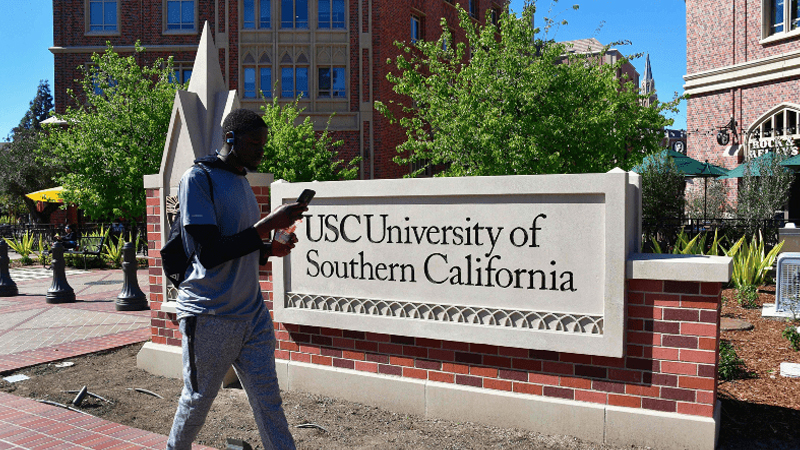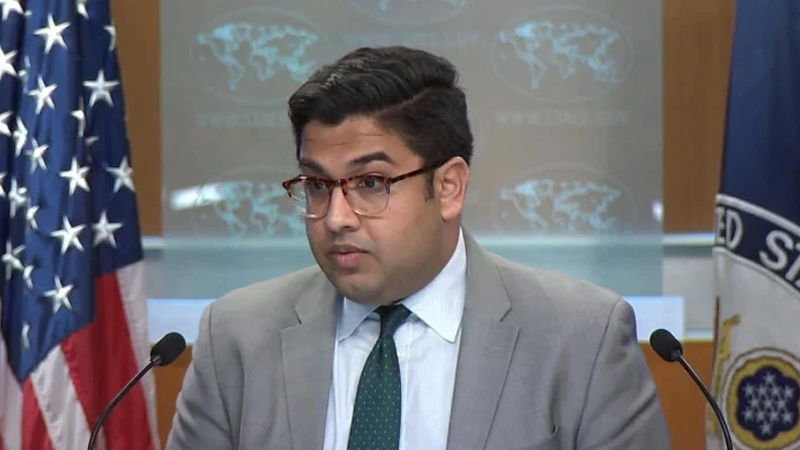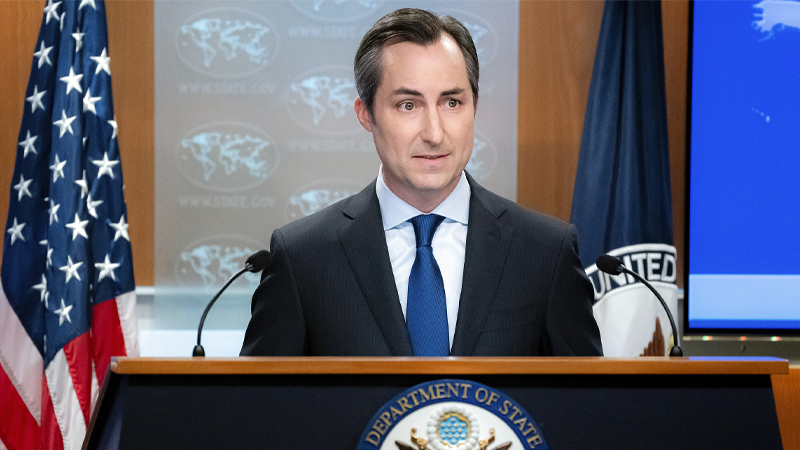The University of Southern California (USC) has stirred controversy by cancelling the valedictorian speech of a Muslim student, Asna Tabassum, citing safety concerns and escalating tensions related to the Middle East conflict.
In a statement released on Monday, USC Provost Andrew Guzman attributed the decision to the need to prioritize campus security amidst mounting passions surrounding the Israel-Gaza crisis. Guzman emphasized that the move was not a restriction on freedom of speech but rather a precautionary measure.
Tabassum, a biomedical engineering major, challenged the university’s rationale, expressing doubts about whether safety concerns were the sole reason behind the decision. USC did not disclose specific threats or details about Tabassum’s speech content that prompted the cancellation.
The decision comes amidst a backdrop of heightened tensions on college campuses nationwide concerning the Israel-Gaza conflict, with reports of increased hate crimes against Muslims, Jews, Arabs, and Palestinians.
Tabassum, a self-described “first-generation South Asian-American Muslim,” accused USC of capitulating to fear and rewarding hatred by yielding to pressure from anti-Muslim and anti-Palestinian voices. However, neither Tabassum nor USC explicitly referenced the Israel-Gaza conflict in their statements.
The controversy surrounding Tabassum’s speech escalated when campus groups, including Trojans for Israel and We Are Tov, called for her removal as commencement speaker, alleging past expressions of anti-Semitic views. These allegations were based on Tabassum’s social media activity, including sharing a link to a slideshow advocating for Palestinian rights.
In response, Tabassum maintained that her advocacy for human rights should not be conflated with expressions of hatred and criticized what she saw as a broader pattern of censoring criticism of Israel’s government or support for Palestinian rights on college campuses.
Jewish Voice for Peace spokesperson Sonya Meyerson-Knox condemned the cancellation as part of a larger trend of censoring students critical of Israel’s policies. However, other Jewish groups argue that anti-Zionist rhetoric can contribute to anti-Semitic sentiments.
Despite being selected as valedictorian from a pool of nearly 100 applicants based on academic achievements, Tabassum’s invitation to speak was rescinded by USC without prior review of her speech content. The Council on American-Islamic Relations has launched an online campaign urging USC to reinstate Tabassum’s speaking invitation.
The cancellation has sparked debate over free speech, campus safety, and the handling of political discourse in academic settings. With USC’s commencement exercises expected to draw thousands, the decision to cancel Tabassum’s speech underscores the complex intersection of politics and education on college campuses.











Leave a Reply